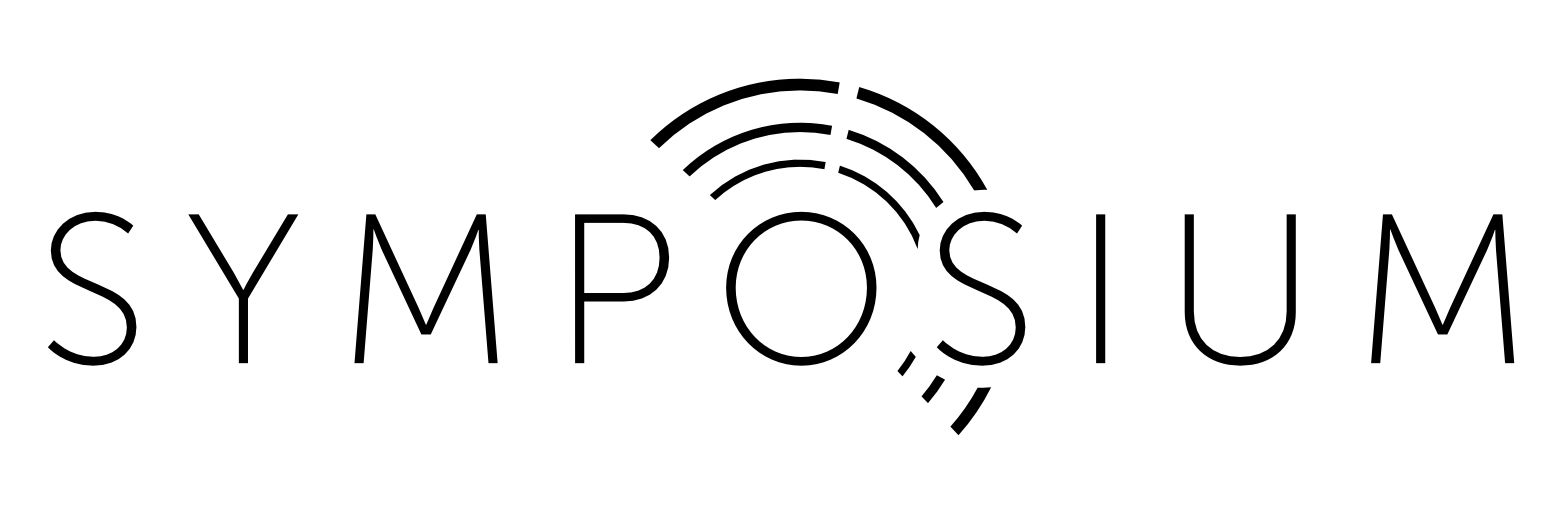
15 Types of Income to Create or Refine a Part-Time or Full-Time Author Business Model That Works for You
I happen to be a fierce advocate and cheerleader for authors, especially authors taking an entrepreneurial approach to their work.
I think that all authors can be entrepreneurs.
That all authors can build profitable, sustainable author lives they love.
That all authors can create holistic, rewarding cottage industries, sidelines, part-time or full-time businesses around their book/s, their knowledge, their experiences, and their author status.
And, overriding A.I. concerns, I think authors are in a growth industry. They have the human advantage of meaning-making. They have a role in a post-automation creative economy.
And by all authors, I mean you.
I don’t say this because I think it’s possible in theory. I say it because I’ve seen dozens and dozens of authors do it over the years—each in their own way. I’ve also helped hundreds of authors directly and thousands more through talks and workshops with their own version of increased and ongoing author income and exposure.
Know that it’s true.
An important part of joining these authors is knowing 15 broad categories of author/book income and finding the right combination of possibilities in any, some, or all of these categories that works for you, your book/s, and your life.
Start with what interests you, the low-hanging fruit, and/or what’s most profitable—and build incrementally from there.
1. Royalties
For traditionally published authors, monthly, quarterly, biannual, or annual royalty payments represent an authors’ share, per the contract, of print books, ebooks, audiobooks, and any other formats under contract sold in the latest accounting period.
Royalties can also come for all authors from any residual payments connected with rights sales, webinars, and arrangements with other entities for content products.
2. Rights Sales
Rights sales refer to primary and secondary rights (pre- and post-publication respectively in a traditional author contract) sold to an individual, organization, or business for their own commercial development. These are such things as reprint rights, the right to produce different versions of a title, foreign language rights, merchandising rights, audio rights, television rights, film rights, etc. It also includes options sales—the right to buy a right within a certain time frame.
For most who are traditionally published, the publisher will/should have salespeople who handle rights sales. Self-published and hybrid-published authors can manage rights sales themselves or arrange with a subsidiary rights agent or firm to represent them in such deals.
3. Ebook Sales
For indie publishers not receiving royalty checks, I break out ebook sales as a separate source of income. This is also an income stream for traditionally published authors who may sell digital products of their own on their own, independent of any traditional publishing arrangements.
Where can you sell ebooks? Your own website, Amazon, Apple Books, Blurb BN.com, Book Baby, Feiyr, Fiverr, Google Play, Gumroad, Kobo, Lulu, Scribd, Smashwords, and dozens of other online locations. You can also sell your content through digital content portals like Copyright Clearance Center, EBSCO, ProQuest, and others who sell content as whole units, by subscription, by article or chapter, by pages read, and other slice-n-diced variations.
4. Events—Flat Fee
Flat fee events are events where you get paid a set cost to show up and do your thing, whether that’s an appearance and book signing, speaking gig, class, tour, workshop, school assembly, or conference session.
5. Events—Per Person Fees
Ticketed events and events with per-person fees are another way authors can make money. Think about options like webinars, classes, workshops, tours, ticketed speaking events, and parties. When possible, negotiate a per-person fee that includes a copy of your book for every attendee.
6. Event Book Sales
Event book sales are books you sell directly to the public/audience members at, during, or after your events. Consider selling other authors’ books that may interest your audience alongside your own.
7. Event Product Sales
Event product sales are non-book products that you can sell at, during, or after your events that are compatible with your books and make sense for the crowd. These might be T-shirts, bookmarks, postcards, posters, journals, or craft items—either yours or from other companies.
8. Store Sales
This is income from the whole range of online and brick-and-mortar stores where your books can be sold—digital and print. Bookstores, gift shops, museum stores, hobby shops, antique malls, specialty outlet, and dozens of others. (Here are 167 non-bookstore places other authors have sold books.)
9. Volume Sales
Volume or bulk sales refer to selling books in quantity (almost always at a negotiated or established discount) in any non-retailer situation. This may mean selling 12 copies to a book club that’s reading your book, 40 copies as gifts for wedding guests, 200 copies for hotel rooms, 300 copies for a school visit, 1,000 copies for conference gift bags. You get the idea. It should be easier, more fun, and more lucrative to make one sale for 100 books than it is to sell 1 book to 100 individuals.
10. Services—Flat Fee
Flat-fee services are services you provide clients that are billed at a flat rate. Examples from the businesses of authors I know include cover design, ghost writing, coaching sessions, illustrations, website design, marketing plans for small businesses, audio services for podcasters, and speech writing.
11. Services—Per Unit Fees
These are services you provide clients that are billed per delivery unit. Examples can include photos from your stock, blog posts, article reprints, subscriptions (think Substack), patronage (think Patreon), memberships (think private Facebook community or business mastermind group), spots on one’s podcast or YouTube channel, etc.
12. Services—Hourly Fees
There are the services you provide clients that are billed at an hourly rate. Authors I know provide such services as editing, copywriting, making infographics, mapmaking, indexing, coding, digital marketing services, consulting, and project management.
13. Partnerships
Partnerships are any kind of special arrangement you have with other individuals or businesses that provide income. This could mean referral fees, affiliate marketing, ads or coupons inside your book/s, ad sharing revenue (as on YouTube or Twitter/X), sponsorships, or monetization of social media and influencing activities.
14. Grants and Prizes
Grant money comes from organizations and foundations (large, small, and/or specialized) or government agencies. Sometimes it’s nearly automatic if you apply—usually you apply, wait a long time, and may or may not receive anything. Prize money comes from winning contests: poetry, short stories, essays, screenplays, etc. The trick here is not to spend more money (or any, if possible) on contest fees than you’re likely to win. (That’s the income part we’re focusing on.) While grants and prizes are often considered free money, disabuse yourself of this idea. Receiving both requires real time, effort, and consideration. Proceed with eyes wide open in these categories.
15. Salary and Wages
Finally, in creating an author business model that works today from where you’re at and can take you where you’re going, you can’t discount the importance of income from the day job/s that may be helping you transition to a part-time or full-time author business or are otherwise intentionally supporting your author goals.
Please keep in mind, not all income sources, combinations of activities, or business approaches are right for every author. Use this article as a starting point for exploring what’s best for you, what works for your life, books, and satisfaction.
Take the next step in creating an author business model that works for you by signing up for my hands-on Symposium Workshop: Build and Customize and Author Business Model, where I will you through my proprietary spreadsheet for estimating and tracking these 15 different types of author income and start putting into place your own ideal business model. This tool is flexible enough to allow for your own experimentation and adjusting course as needed.
*Feature photo by Karolina Grabowska (Pexels)
Workshop: Build and Customize an Author Business Model
Tuesday, September 12th ($35)
